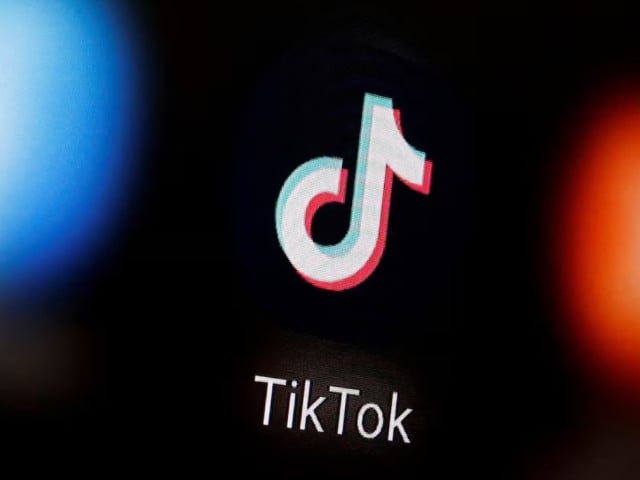Texas Attorney General Ken Paxton Takes Aim at TikTok Over Child Safety Violations
In a significant legal move, Texas Attorney General Ken Paxton has filed a lawsuit against TikTok, accusing the popular social media platform of violating the state’s newly enacted child safety law, known as the Securing Children Online through Parental Empowerment Act (SCOPE). This lawsuit underscores the growing concerns surrounding the protection of minors in the digital landscape and the responsibilities of tech companies to safeguard young users’ data.
Allegations of Non-Compliance
Paxton’s lawsuit centers on the assertion that TikTok has failed to comply with the stipulations of the SCOPE Act, particularly in how it manages personal data from minors. The law aims to enhance the safety of children online by imposing stricter regulations on how social media platforms handle their data. According to Paxton, TikTok’s practices fall short of these legal requirements, raising alarms about the platform’s commitment to protecting its younger audience.
The Family Pairing Feature Under Scrutiny
While TikTok has introduced a "Family Pairing" feature designed to allow parents to monitor and control their children’s accounts, Paxton argues that this system is fundamentally inadequate. The lawsuit claims that the feature does not effectively verify the identities of parents or guardians, which could lead to minors circumventing parental controls. Furthermore, it is alleged that minors are given excessive autonomy in deciding whether to allow parental supervision, undermining the very purpose of the feature.
Concerns Over Data Sharing
One of the most alarming aspects of the lawsuit is the allegation that TikTok unlawfully shares minors’ personal information, including names, usernames, and profile images, without obtaining proper parental consent. This practice not only violates the SCOPE Act but also raises broader questions about the ethical implications of data sharing in the context of children’s online safety. Paxton’s office emphasizes that such actions could expose minors to various risks, including unwanted attention and potential exploitation.
Barriers to Parental Control
In addition to the concerns about data sharing, the lawsuit criticizes TikTok for requiring parents to create their own accounts to access the parental controls. Paxton deems this an unnecessary barrier that complicates the process for parents trying to protect their children online. By placing additional hurdles in the way of parental oversight, TikTok may inadvertently hinder parents’ ability to effectively manage their children’s online interactions.
A Call for Accountability
Paxton has been vocal about the need for social media companies to prioritize children’s online privacy and adhere to state laws. "TikTok and other tech companies cannot ignore their duties under Texas law," he stated, highlighting the expectation that these platforms must take their responsibilities seriously when it comes to protecting young users. The lawsuit seeks a jury trial and aims for penalties of $10,000 for each violation of the SCOPE Act, along with an injunction to prevent further breaches by TikTok.
TikTok’s Response
In response to the allegations, TikTok has expressed strong disagreement with the claims made by Paxton’s office. The company maintains that it has implemented robust safeguards for teens and families, including the very features that are under scrutiny. TikTok insists that its "Family Pairing" option equips families with the necessary tools to manage their children’s online activity safely, arguing that the platform is committed to fostering a secure environment for its users.
Broader Implications for Tech Companies
This lawsuit is part of a larger conversation about the responsibilities of tech companies in handling minors’ data. As lawmakers across the United States push for stronger regulations on child safety online, the outcome of this legal action could set a significant precedent for how tech companies operate in relation to children’s privacy. The scrutiny surrounding TikTok, particularly given its ownership by the Chinese company ByteDance, has intensified discussions about data privacy practices and the potential for a ban on the platform in the U.S.
The Cultural Context of October
Interestingly, as this legal battle unfolds, a cultural phenomenon known as the "October theory" has gained traction among TikTok users. Many individuals believe that October brings about significant life changes, dramatic twists, and a sense of renewal, akin to a second New Year. Influencers like Macy Morgan and Chloe Evan Berkel have shared their thoughts on why this month holds such significance, suggesting that it inspires shifts in both personal and professional aspects of life.
As the lawsuit progresses, it will be crucial to watch how it impacts not only TikTok but also the broader landscape of social media and child safety regulations. The stakes are high, and the implications could resonate far beyond the courtroom, influencing how tech companies approach the protection of minors in an increasingly digital world.
